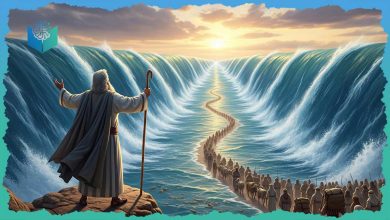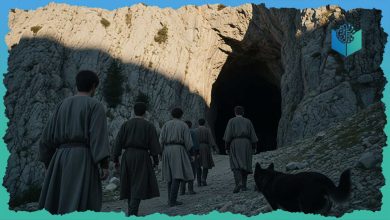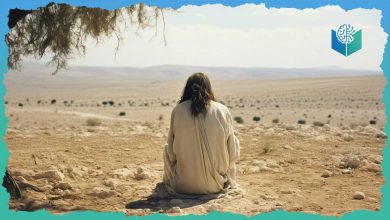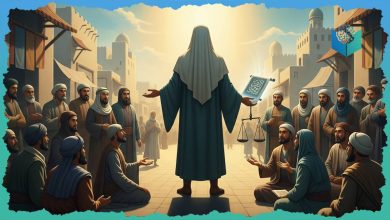The Story of Prophet Noah
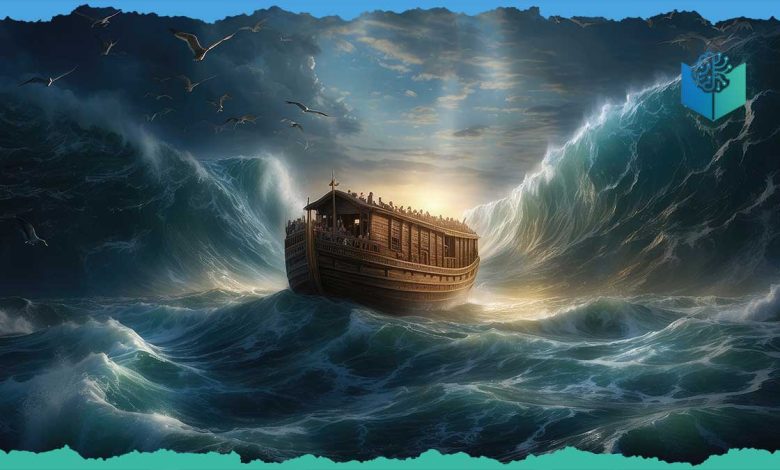
The narrative of Prophet Noah in the Quran is one of the most compelling and universally recognized stories across Abrahamic faiths. In Islam, Noah (Nuh, PBUH) holds a unique and revered status as one of the “Ulu al-‘Azm” (Prophets of Strong Will/Resolve), signifying his extraordinary patience, perseverance, and unwavering dedication to Allah’s message, even in the face of immense rejection. His story, vividly recounted in the Quran, details a long and arduous mission, culminating in the monumental event of The Great Flood in Quran and the salvation of the faithful aboard Noah’s Ark. This article delves into the profound lessons derived from the Noah story Islam, exploring his unwavering call to monotheism, the tragic fate of his disbelieving family members, and the ultimate triumph of faith.
Within Islamic teachings, the story of prophet Nuh in the Quran is not merely historical narration but a deeply spiritual account meant to guide believers in patience, perseverance, and trust in divine wisdom.
Prophet Noah’s Enduring Call to Monotheism
Prophet Noah lived for an exceptionally long period, dedicating centuries of his life to guiding his people away from idolatry and towards the worship of the One God. His mission highlights the core message of all prophets of God.
While the Quran does not specify exact chronological dates, discussions around the prophet Noah birth year often arise in historical and theological reflections, emphasizing that his lifespan and mission extended across many generations as part of Allah’s wisdom.
A Persistent Messenger Against Idolatry
Noah’s people were deeply entrenched in idol worship, revering statues that they believed brought them blessings and protection. Noah tirelessly called them to the truth.
Quranic Account:
“Indeed, We sent Noah to his people, and he said, ‘O my people, worship Allah; you have no deity other than Him. Indeed, I fear for you the punishment of a tremendous Day.'” (Quran 7:59).
The Quran emphasizes Noah’s continuous efforts, day and night, in public and in private, attempting every possible means to convey the divine message. He reasoned with them, warned them, and even pleaded, but their arrogance and stubbornness prevailed.
“He said, ‘My Lord, indeed I invited my people [to truth] night and day. But my invitation has not increased them except in flight [from truth].'” (Quran 71:5-6).
Significance:
Noah’s prolonged mission, spanning centuries, underscores the immense patience and resilience required of a prophet. It also illustrates the profound human capacity for rejection and obstinacy even in the face of clear guidance. His unwavering commitment despite constant ridicule and dismissal is a testament to the strength of his faith and his role as the first “resolute” prophet. The Noah story Islam offers a powerful example of steadfastness.
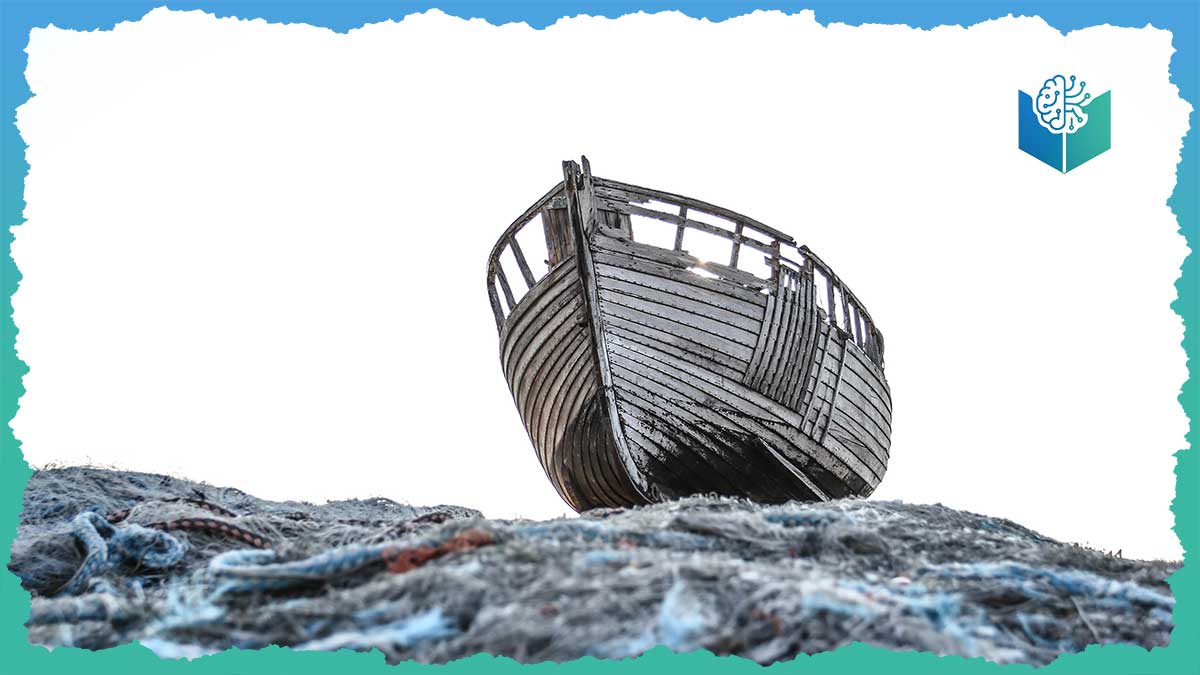
The People’s Stubborn Rejection and Ridicule
Despite Noah’s persistent efforts and clear warnings, his people largely rejected his message, mocking him and demanding an end to his preaching.
Quranic Account:
The wealthy and influential among his people dismissed him as merely a human like themselves, lacking any special authority, and accused him of madness or deception.
“And the eminent among his people who disbelieved said, ‘We do not see you but as a human being like ourselves, and we do not see you followed by any except the lowest of us at first opinion. And we do not see in you over us any merit; rather, we think you are liars.'” (Quran 11:27).
They even dared him to bring the promised punishment if he was truthful.
Significance:
This deep-seated disbelief and scorn led to divine judgment. It demonstrates that while prophets are sent with clear guidance, human free will allows for rejection, which can lead to severe consequences. The continuous ridicule Noah faced highlights the societal challenges of upholding truth against entrenched falsehood.
The Divine Command
As the period for guidance came to an end and the people’s obstinacy became absolute, Allah revealed His plan for salvation and punishment.
The Construction of Noah’s Ark
Noah was commanded by Allah to build a massive vessel, an undertaking that seemed impossible in an environment with no visible water body large enough to necessitate such a ship.
Quranic Account:
“And construct the ark under Our observation and Our inspiration, and do not address Me concerning those who have wronged; indeed, they are [to be] drowned.” (Quran 11:37).
Noah began building Noah’s ship far from any sea or river, drawing further mockery from his people, who scoffed at him building a ship in the desert.
“And every time an eminent of his people passed by him, they ridiculed him.” (Quran 11:38).
Yet, Noah remained steadfast, knowing it was Allah’s command.
Significance:
The building of Noah’s Ark itself was a miracle. It required immense faith, obedience, and endurance from Noah and the few Believers with Noah. It was a physical manifestation of divine instruction and a preparatory act for the impending flood, signaling the clear distinction between belief and disbelief.
The Gathering of the Saved
When the time for the flood came, Noah was instructed to gather living beings to preserve life.
Quranic Account:
“Until when Our command came and the oven overflowed, We said, ‘Load upon it from each [creature] two mates and your family, except those about whom the word has preceded, and [include] whoever has believed.’ But none had believed him except a few.” (Quran 11:40).
This included pairs of all animals, and the small number of Believers with Noah.
Significance:
This command ensured the continuity of life on Earth after the devastation. The small number of Believers with Noah highlights the often solitary nature of truth in a world overwhelmed by falsehood. It also underscores Allah’s meticulous planning and care for creation.
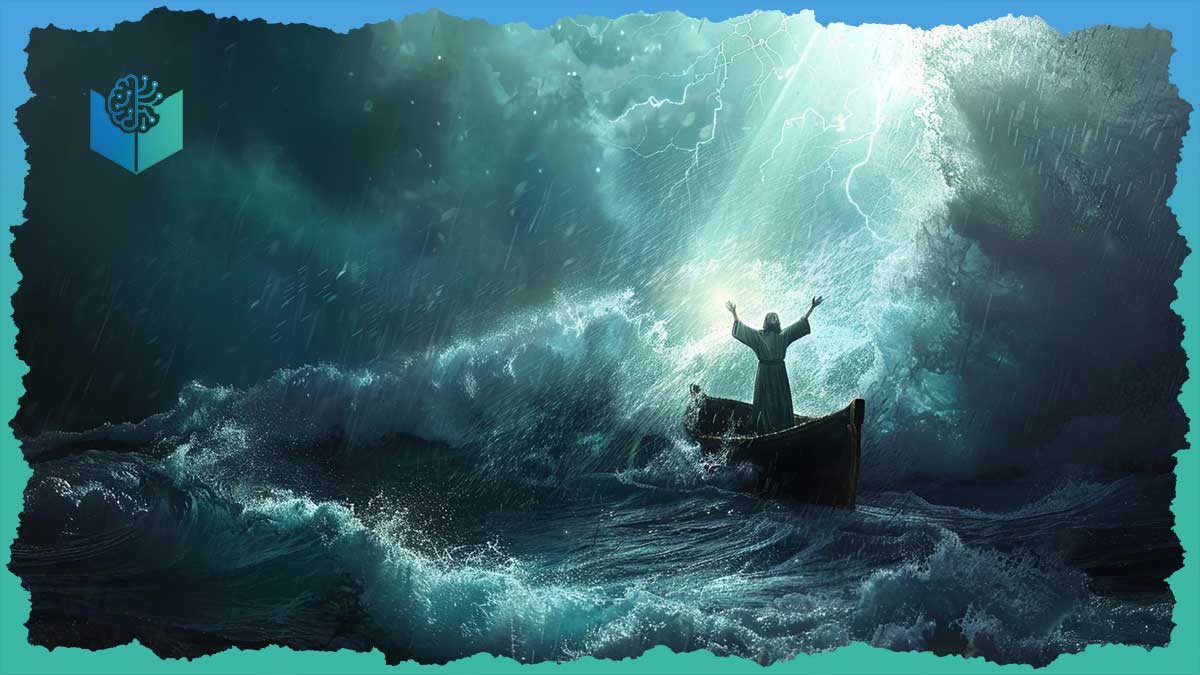
The Great Flood and Its Aftermath
The Great Flood in Quran marks a pivotal moment in human history, a divine punishment for widespread disbelief and a new beginning for humanity.
The Onset of the Deluge
The flood began with clear signs, fulfilling Noah’s long-standing warnings.
Quranic Account:
“Then We opened the gates of heaven with torrential water. And We caused the earth to burst with springs, and the waters met for a matter already predestined.” (Quran 54:11-12).
Water poured from the heavens and gushed from the earth, rapidly engulfing everything.
Significance:
This unprecedented event showcased Allah’s immense power to create and destroy, and served as a severe lesson for those who defied His commands. It was a cleansing of the earth from widespread corruption and idolatry.
The Tragedy of Prophet Noah’s Son and Wife
Despite his fervent prayers and warnings, not all of Noah’s immediate family boarded the ark, highlighting a painful lesson about individual responsibility in faith.
Quranic Account:
As the waters rose, Prophet Noah’s son, identified as Canaan or Yam in some traditions, refused to board the ark, believing he could seek refuge on a mountain.
“And Noah called to his son who was apart [from them], ‘O my son, come aboard with us and do not be with the disbelievers.’ [But] he said, ‘I will take refuge on a mountain to protect me from the water.’ [Noah] said, ‘There is no protector today from the decree of Allah, except for he whom He has mercy upon.’ And the waves came between them, and he was among the drowned.” (Quran 11:42-43).
Similarly, Prophet Noah’s wife was among the disbelievers and perished in the flood. The Quran mentions her fate in Surah At-Tahrim (66:10).
The story of The disbelieving son of Noah teaches that familial ties do not guarantee salvation; belief and obedience to Allah are paramount.
Significance:
This tragic aspect of the story emphasizes that faith is a personal choice. Even the strongest family bonds cannot save one from divine punishment if they reject the truth. It was a profound test for Noah himself, who loved his son but understood the finality of Allah’s decree.
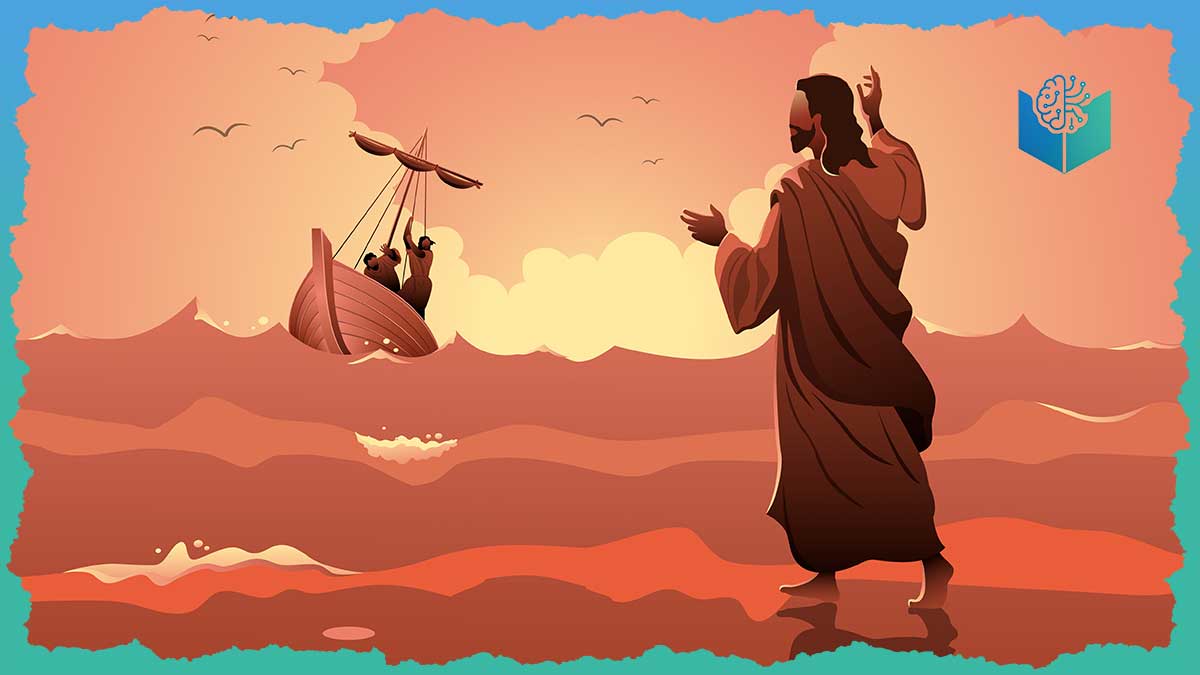
The Ark’s Resting Place and a New Beginning
After the waters receded, Noah’s Ark came to rest, signifying the end of the deluge and the beginning of a new era for humanity.
Quranic Account:
“And it was said, ‘O earth, swallow your water, and O sky, withhold [your rain].’ And the water subsided, and the matter was accomplished, and the ark rested on [Mount] Judiyy. And it was said, ‘Away with the wrongdoing people.'” (Quran 11:44).
From Noah and the small band of believers on the ark, humanity was re-established.
Significance:
The resting of Noah’s Ark symbolizes divine mercy after justice, providing a fresh start for a humanity committed to monotheism. Noah became the “second father of mankind,” and his lineage populated the Earth, carrying forth the message of Allah.
conclusion
The Story of Prophet Noah in the Quran is a powerful testament to the consequences of defiance and the immense blessings of faith and obedience. It serves as an eternal reminder of Allah’s justice and mercy, and the enduring importance of responding to the call of the prophets of God. His perseverance against overwhelming odds and his ultimate salvation make his story one of the most compelling narratives for all who learn Quran online and seek to understand the profound wisdom embedded in its verses.
Q&A
What does the name Noah mean?
What was prophet Noah known for?
Prophet Noah (Nuh) is mainly known for his strong faith and never giving up while calling his people to believe in one God, even though they rejected him for hundreds of years. He's also famous for building the Ark and surviving the Great Flood, which cleared the Earth of those who didn't believe.
What is the story behind Noah's ark?
The Noah's Ark story, found in the Quran and other religious texts, details Prophet Noah (Nuh) building a massive ship by God's command to save himself, his believing family, and pairs of all animals from a devastating Great Flood. This flood was divine punishment for widespread disbelief, cleansing Earth for a new beginning.
🔗 The Story of Noah and the Flood (IslamReligion.com)
https://www.islamreligion.com/en/articles/1335/viewall/story-of-noah-part-3
🔗Stories of the Prophets: Noah
https://islamhouse.com/read/en/stories-of-the-prophets-the-story-of-noah-427387
🔗 Prophet Nuh (Noah) in Islam
https://qurangallery.app/topics/prophet-noah-nuh-quran-ark-flood
🔗 Prophets in the Qur’an: Nuh
https://web.nouracademy.com/article/74
🔗 Surah Nuh and Surah Hud Insight
https://islam4u.pro/blog/what-do-we-know-of-surah-nuh/
🔗 The Prophet Nuh in Islam
https://islam.ahya.net/konu-2688-s31.html

